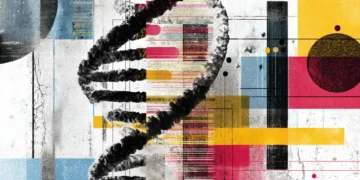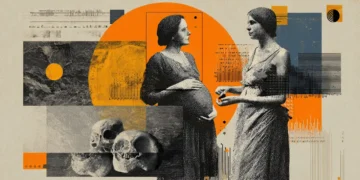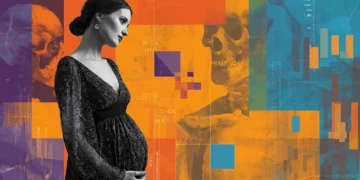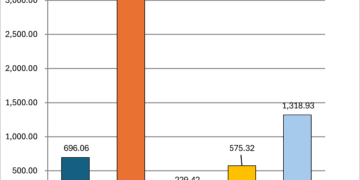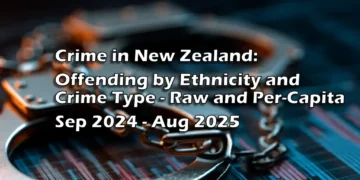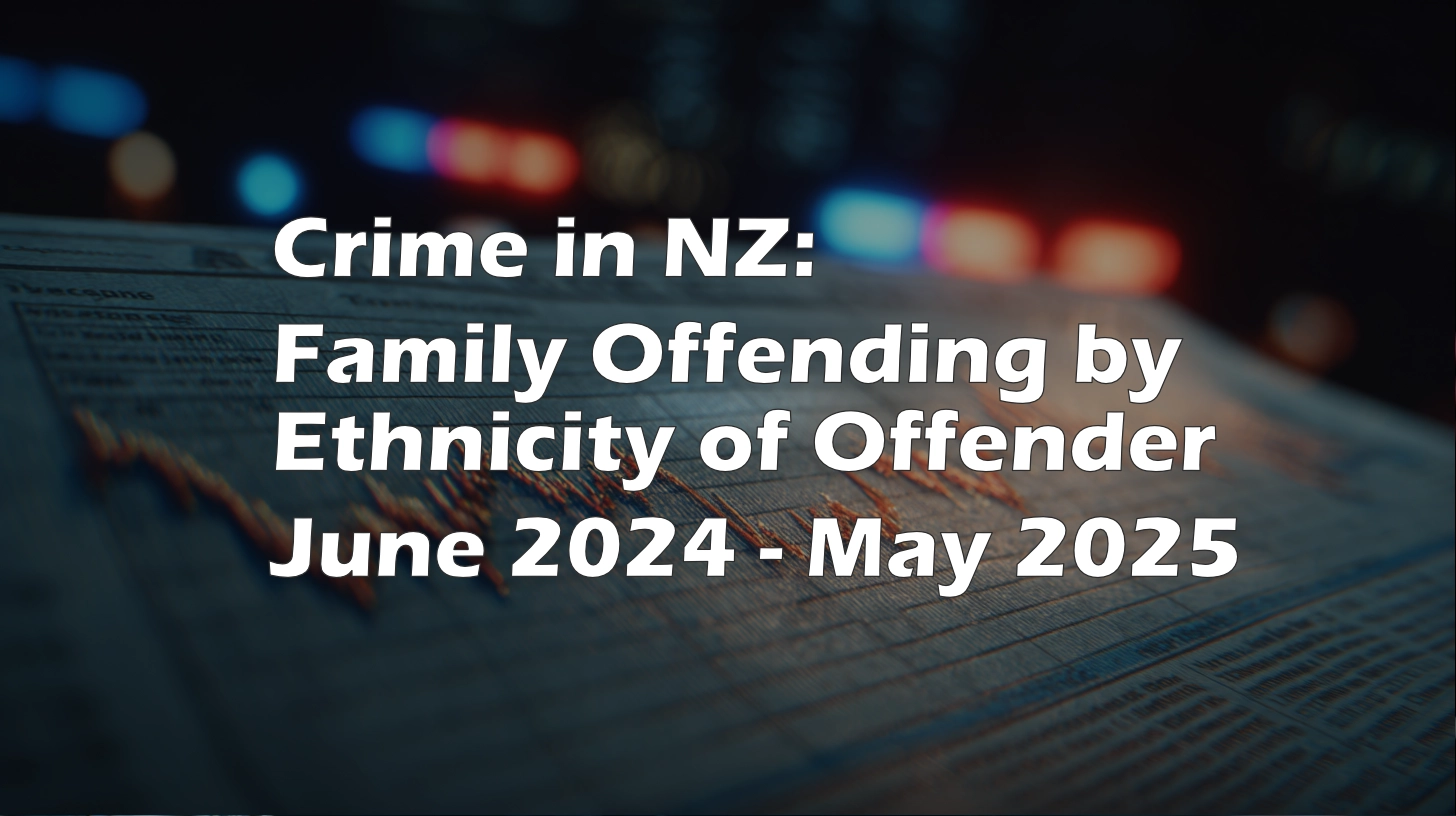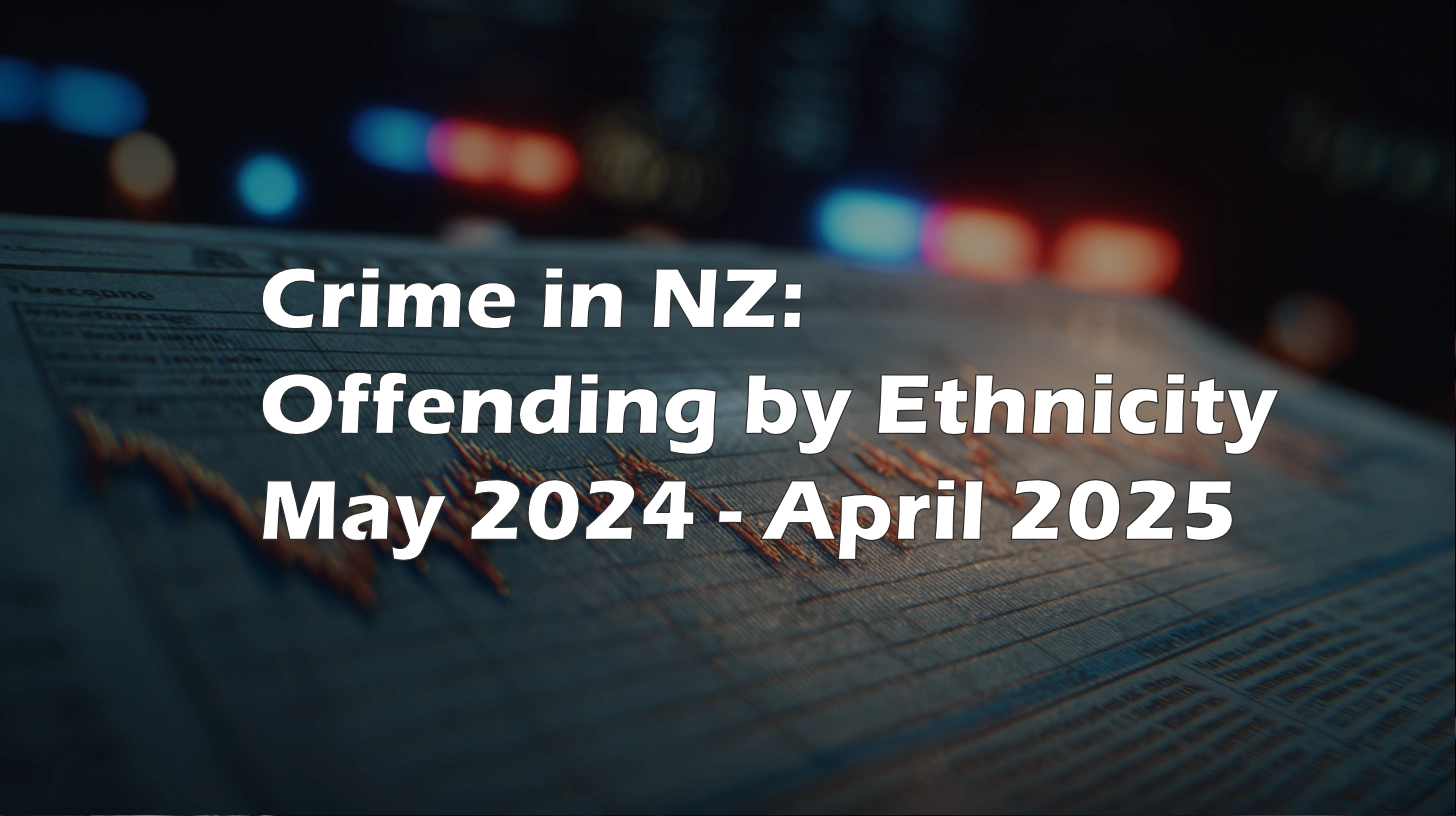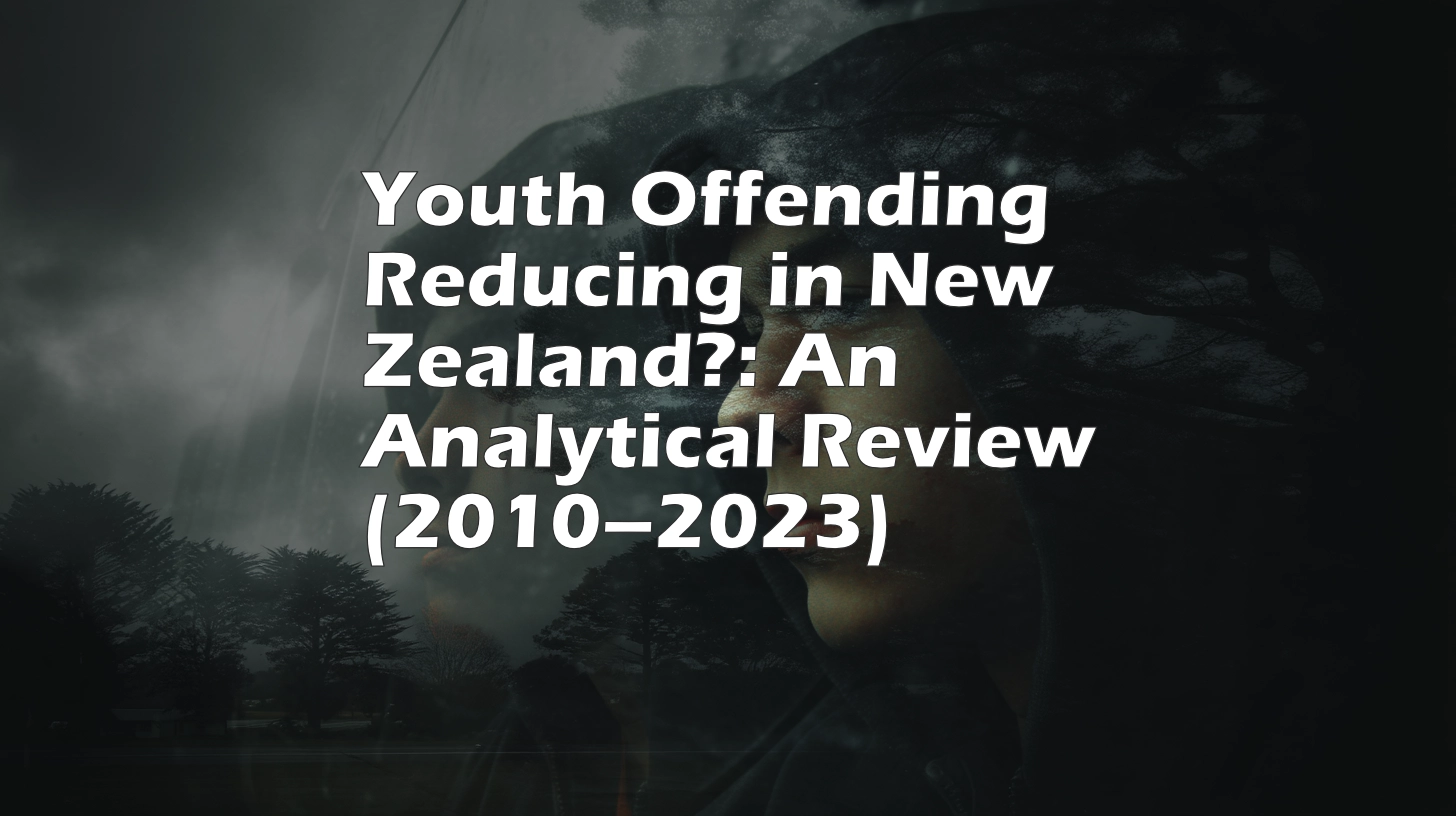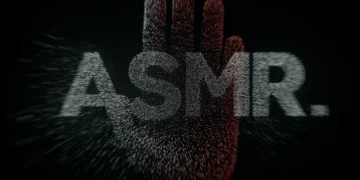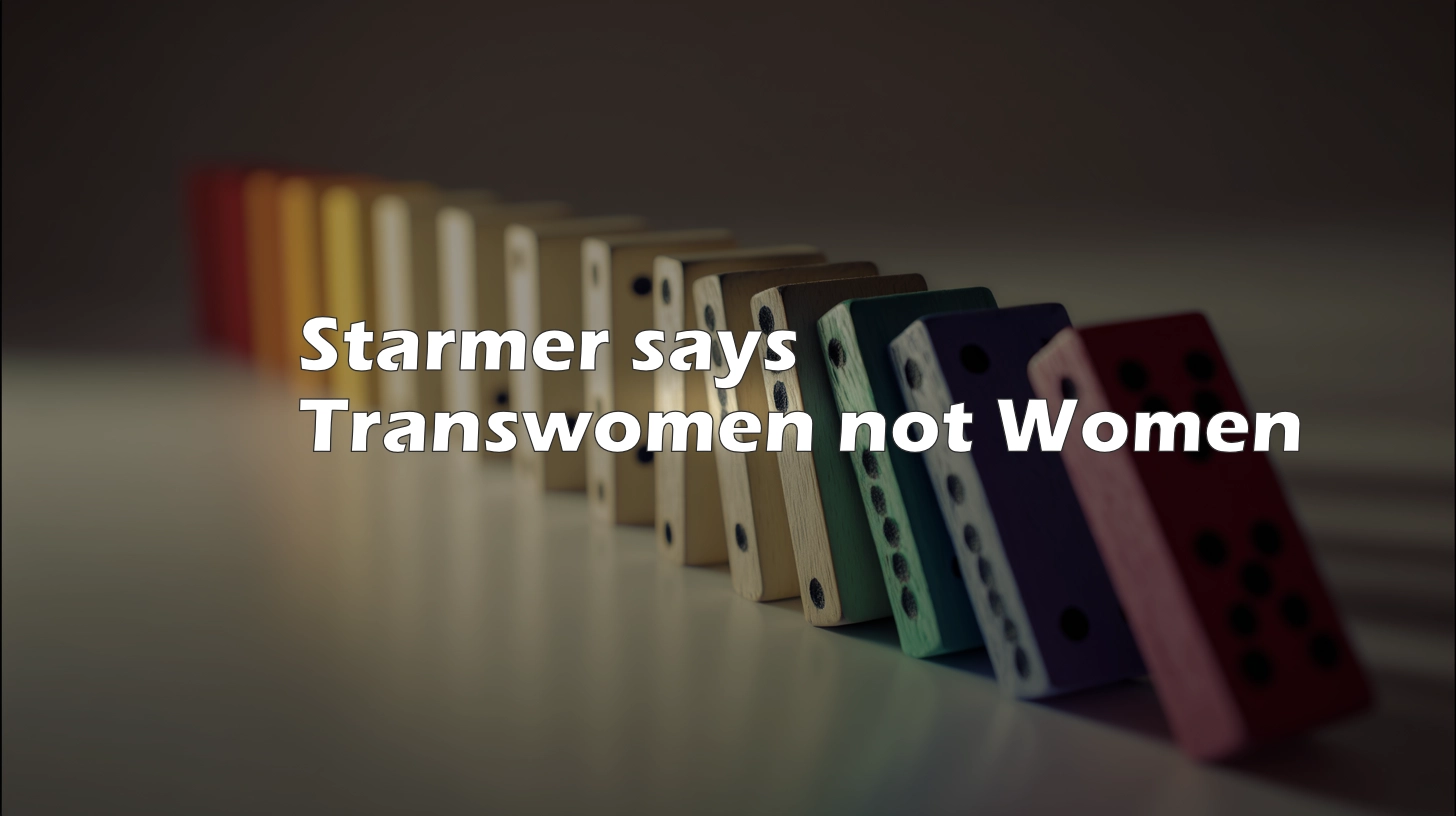The decision by UK Prime Minister Keir Starmer to step back from the “trans women are women” mantra isn’t just a UK story; it adds much-needed momentum to those sane people who are arguing that New Zealand must also defend the clear definition of “woman” in law and policy.
The UK: Legal Reality Trumps Ideology
On April 22, 2025, the UK Supreme Court ruled that, for legal clarity—especially in contexts like single-sex spaces and data collection—“sex” means biological sex, not self-identification. Equalities Minister Bridget Phillipson embraced the ruling (The Guardian), describing it as overdue legal certainty. As someone who’s seen New Zealand’s own debate descend into accusations of bigotry against anyone defending these distinctions, I find the UK’s willingness to prioritise biological reality both encouraging and overdue.
Keir Starmer’s Dramatic U-Turn
The reaction from Labour and Starmer, in particular, marks a stunning reversal. Not long ago, Starmer echoed the activist slogan “trans women are women” (The Independent), proudly wearing it as a progressive badge. But as public pressure and legal clarity increased, his position shifted. After the Supreme Court’s ruling, he made it clear the law must be followed:
“We respect the judgment of the Supreme Court. The law must be followed, and our policies will align with that.” (The Telegraph) Gone are the sweeping claims. In their place: an acceptance of the hard-but-necessary boundaries fundamental to women’s rights and single-sex provisions.
The NZ First Bill: New Zealand’s Own Battle
The debate isn’t confined to the UK. Here in New Zealand, it’s embodied by the NZ First Party’s bill to define “woman” in legislation as “adult human female.” This was introduced against a backdrop of mounting confusion in New Zealand law and policymaking, where the push towards all-encompassing gender self-identification has begun to collide with the legitimate rights of women and girls.
Supporters of the bill argue that without a clear, biological definition of “woman,” women’s sport, spaces, and statistics lose any practical meaning—and the protection they afford is fundamentally undermined. The bill set off a media firestorm and drew intense criticism from trans advocacy groups and parts of the political Left, who see preventing males from accessing female services and spaces as “exclusionary” and even “hateful.” Meanwhile, many ordinary New Zealanders—women especially—quietly, and often privately, express relief that someone is finally willing to say what biology and common sense dictate.
Why the UK’s Domino Matters for Us
The UK’s sharp pivot, and Starmer’s clear retreat from activist slogans, is highly relevant to New Zealand. For years, any attempt to assert the importance of biological sex has been met with hostility, censorship, and cancelled speaking events. But with Labour’s leaders in Britain now conceding reality, the climate here is changing.
It’s obvious to growing numbers of New Zealanders that safeguarding women’s spaces and rights is not about exclusion but about accuracy, fairness, and evidence. The NZ First bill may be controversial—but so was the original campaign for women’s suffrage in New Zealand, and we led the way then too. The international precedent being set in the UK gives new legitimacy to calls for clarity and caution in the rapid rewriting of definitions that affect everyone, especially women and girls.
Conclusion: The Path Forward for New Zealand
Watching the UK, including its own Labour leader, return to reality on the definition of “woman,” should embolden Parliament here in New Zealand to engage with the NZ First bill honestly and without fear of activist backlash. The meaning of “woman” matters—a fact now impossible to ignore on either side of the world. It’s time for New Zealand to stand up for biological reality, just as we’ve always stood up for women’s rights in the past.
Sources:


